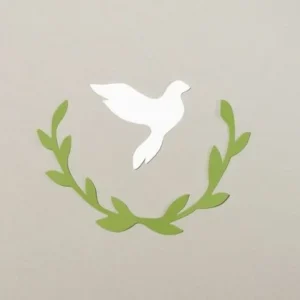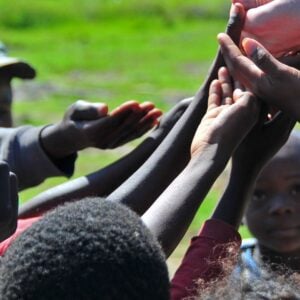The International Organization for Migration (IOM) and Nigeria’s Bank of Agriculture Limited (BOA) have signed a Memorandum of Understanding (MoU) to enhance sustainable livelihoods for migrants and displaced persons across the country. The agreement, endorsed by IOM’s Deputy Director General for Operations Ugochi Daniels and BOA’s MD/CEO Ayo Sotinrin, establishes a USD 200 million Agriculture and Livelihood Support Fund aimed at improving the economic conditions of forcibly displaced populations in Nigeria. This partnership represents a long-term commitment to creating inclusive economic opportunities that empower affected communities, strengthen local economies, and reduce reliance on humanitarian aid.
The MoU aligns with Nigeria’s national development agenda and Agenda 2063, reflecting the government’s commitment to addressing the root causes of displacement and irregular migration. It targets displacement, food insecurity, and rural poverty, focusing on empowering vulnerable populations to drive their own recovery through sustainable livelihood initiatives. Both IOM and BOA emphasize that linking migration management with development financing can foster resilience and promote self-reliance in displacement-affected regions.
Through the fund, the partnership will provide access to agricultural inputs, skills development, market linkages, and financial inclusion for internally displaced persons, returnees, host communities, and other vulnerable populations affected by conflict, climate shocks, and economic disruption. By enabling displaced and vulnerable Nigerians to actively contribute to rural development, the initiative supports community resilience and national economic stability in line with Nigeria’s Renewed Hope Agenda.
The MoU also complements national strategies and the United Nations Sustainable Development Cooperation Framework (UNSDCF), offering a model for migration-sensitive development financing in Africa. The collaboration between IOM and BOA underscores a shared vision of promoting stability, economic inclusion, and long-term self-reliance among displaced and marginalized communities in Nigeria.







